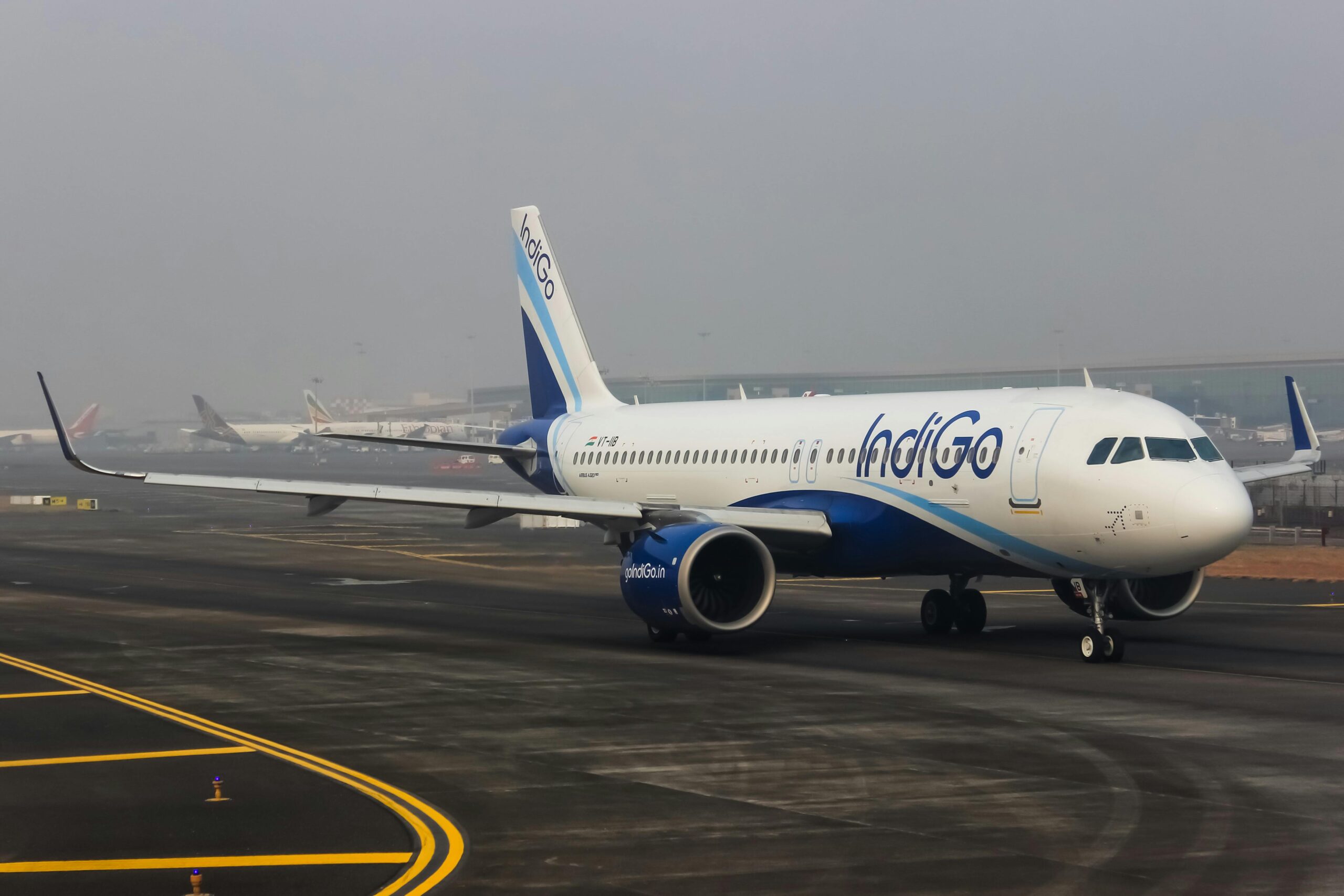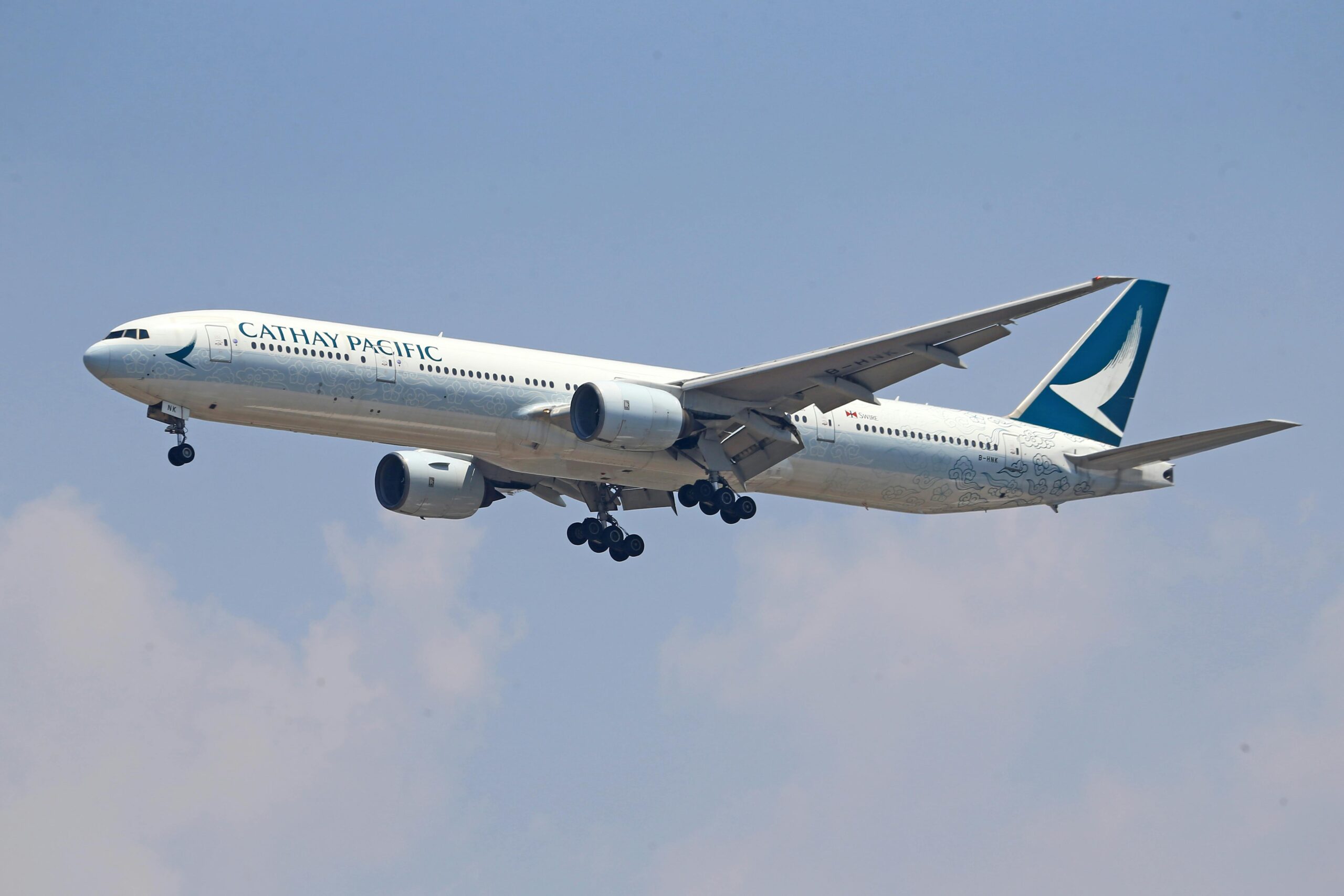KLM recently canceled several major international routes after a sudden Boeing 787 grounding. This unexpected event followed critical maintenance issues, which led to widespread flight disruptions. As a result, flights to Spain, Cyprus, Bulgaria, Portugal, and other destinations were severely impacted. Consequently, travelers faced significant delays and rebookings, causing considerable frustration.
At the same time, Europe witnessed a pivotal legal moment. The EU Court of Justice ruled against Malta’s controversial “golden passport” program. This decision banned the sale of EU citizenship to foreign investors, marking a significant turning point in European law. The ruling emphasized the security risks and ethical concerns surrounding such programs.
Malta had allowed non-EU nationals to buy citizenship in exchange for large investments, which granted them the ability to live and work in any EU country. However, this practice raised concerns that it could facilitate money laundering and allow individuals from sanctioned countries to bypass international restrictions. The court’s decision strongly reinforced the EU’s commitment to its core values and the importance of sincere cooperation among member states.
In response to the ruling, Malta expressed its respect for the court’s decision. However, the government confirmed that those who had already gained citizenship through the program would not be affected. Nevertheless, Malta pledged to revise its laws to align with the court’s judgment. Additionally, the financial benefits generated by the program had helped fund national development projects.
KLM’s grounding of its Boeing 787 fleet and the EU’s landmark decision reflect broader concerns about security and national integrity. Similarly, other nations that offer citizenship-for-investment programs may face increased scrutiny from the EU. Meanwhile, the U.S. is considering its own version of such a program, which further fuels the global debate.
Ultimately, both KLM’s operational crisis and the EU’s legal actions highlight a shifting landscape in global travel and immigration policies. As a result, nations are increasingly focusing on tightening their security measures. These developments may also signal the end of golden passport programs, as the world grapples with issues of national security and economic growth.
Related stories:
Catch up on the top stories and travel deals by subscribing to our newsletter!












Leave a Reply